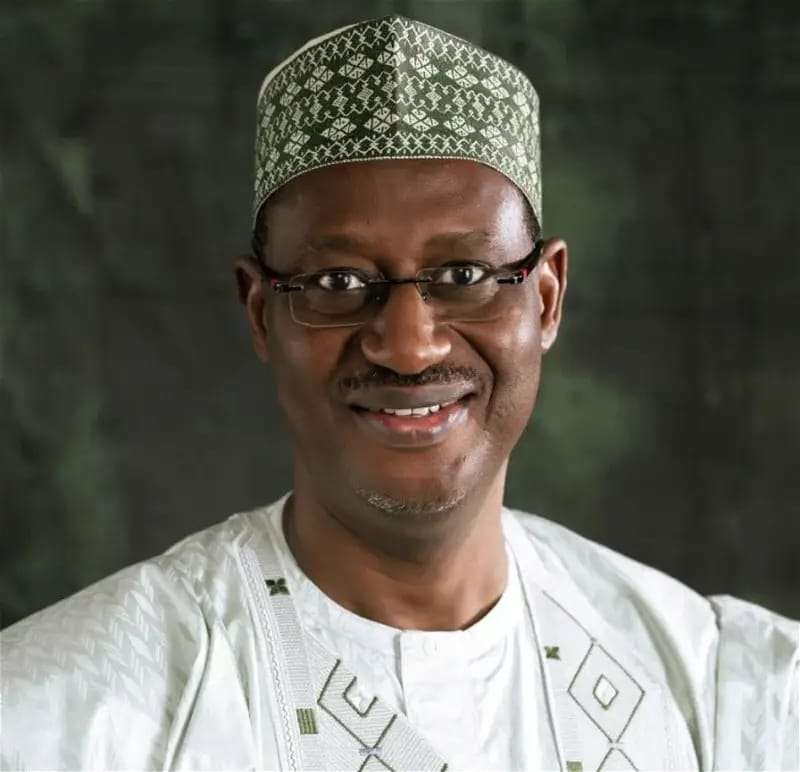Minister of Housing and Urban Development, Arc. Ahmed Musa Dangiwa, has sounded the alarm over Nigeria’s housing crisis, revealing that over 96 percent of the country’s land is untitled, leaving millions of citizens without legally recognized ownership.
He describes this “dead capital” as a major barrier preventing Nigerians especially small landholders and informal entrepreneurs from accessing credit, securing investments, or transferring land to future generations.
Speaking on the sidelines of the midterm review of the Renewed Hope Housing Programme, the Minister highlighted the central role of Public‑Private Partnerships (PPPs) in delivering affordable housing. He announced that the initiative has already attracted more than N70 billion from private developers, financiers, and institutional backers. These partnerships are actively constructing thousands of homes in key cities including Abuja (Karsana), Lagos (Ibeju‑Lekki), and Kano.
Dangiwa also shared ambitious targets for the social housing arm of the initiative, aiming to deliver 77,400 units 100 in each of Nigeria’s 774 local government areas specifically earmarked for low-income earners, informal workers, internally displaced persons, persons with disabilities, civil servants in rural areas, and returning youth. He stressed that the programme is projected to generate over two million direct and indirect jobs, boost construction skills, and catalyse the emergence of small and medium-sized home‑building firms nationwide.

To address land tenure issues, Dangiwa outlined the Nigeria Land Registration, Documentation, and Titling Programme (NLRDTP), a collaborative reform effort with state governments. It aims to digitise land records, harmonise titling procedures, reduce delays and corruption, and launch a National Land Information Dashboard. This innovation is expected to unlock over $300 billion in “dead capital,” reduce land disputes, and enhance investor trust in the real estate sector.
Citing progress in the Renewed Hope Housing Programme’s Phase One, Dangiwa noted that over 10,000 units are under construction across 14 states and the FCT surpassing the combined delivery of the previous eight years. This includes a 3,112‑unit Renewed Hope City in Karsana, Abuja; a 2,000‑unit estate in Ibeju‑Lekki; a 1,500‑unit development in Kano; plus 250‑unit estates in 12 additional states.
materials manufacturing hubs across geopolitical zones to reduce dependency on imports and lower construction costs. He also announced efforts to expand affordable housing finance through partnerships with institutions like the Federal Mortgage Bank of Nigeria and Family Homes Funds, making single-digit mortgage rates, rent-to-own, and no-down-payment options more accessible.
Lastly, Dangiwa introduced the Renewed Hope Housing Portal, a new digital platform for transparent home application, selection, and financing—designed to eliminate middlemen and ensure fair access for Nigerians at home and abroad.




